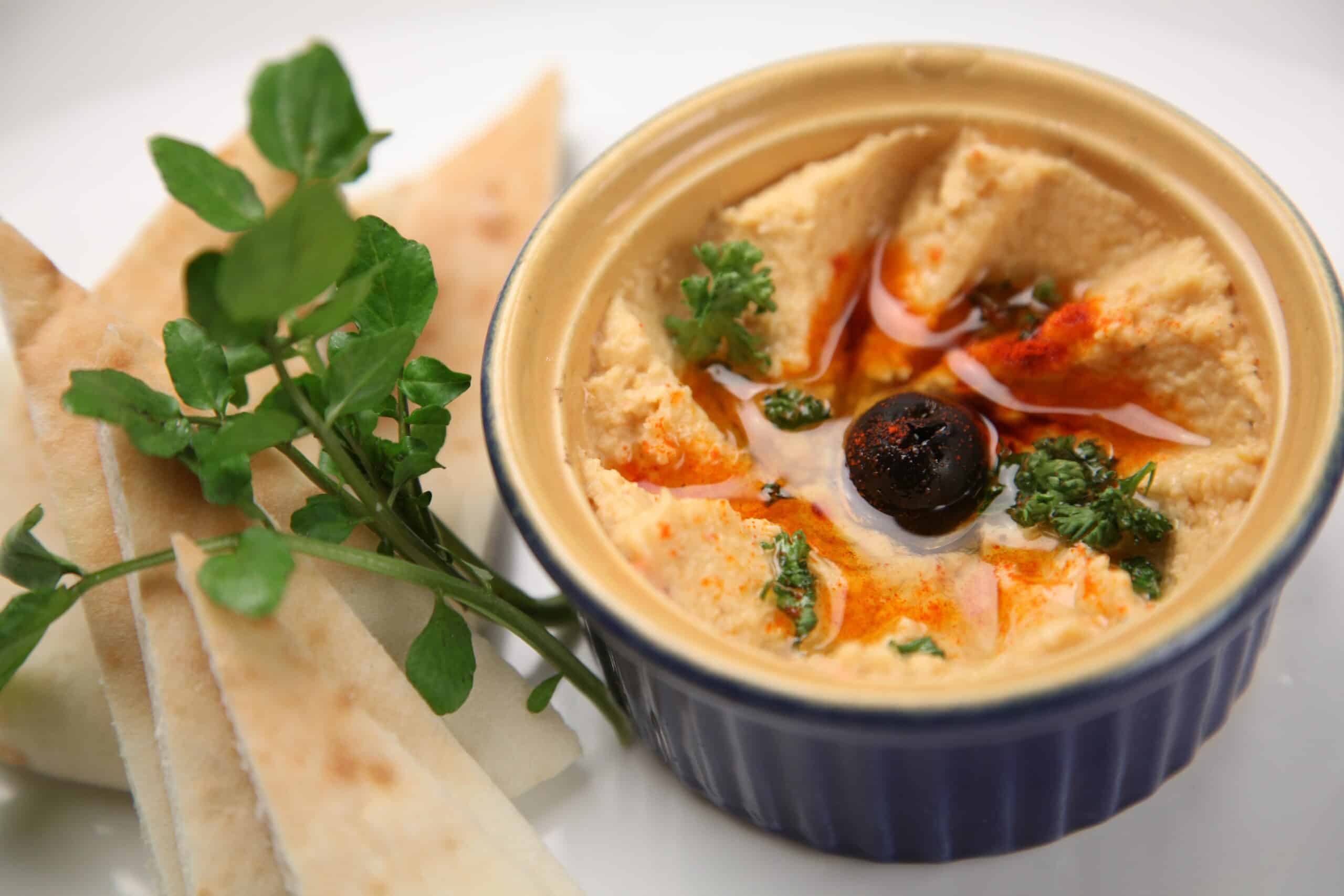The Mediterranean diet has long been celebrated for its health benefits, vibrant flavors, and cultural diversity. But when it comes to vegetarian Mediterranean cuisine, many are surprised by just how varied and regionally unique the dishes can be. From the shores of Southern Europe to the coasts of North Africa and the Levant, vegetarian traditions within Mediterranean cooking reflect centuries of agricultural, religious, and cultural influences.
What Defines Vegetarian Mediterranean Cuisine?
At its core, vegetarian Mediterranean cuisine is built around fresh vegetables, legumes, whole grains, fruits, nuts, olive oil, and a blend of herbs and spices. While seafood and meat feature in many Mediterranean diets, vegetarian versions of traditional dishes are deeply rooted in daily meals throughout the region, especially in rural and religiously observant communities.
Staples such as hummus, tabbouleh, lentil soups, grilled vegetables, and stuffed grape leaves showcase how rich and satisfying vegetarian options can be without relying on animal products. Yet, the diversity in ingredients, preparation styles, and flavors across regions is what truly sets this cuisine apart.
Southern Europe: Italy, Greece, and Spain
In Southern Europe, the vegetarian Mediterranean tradition leans heavily on seasonal vegetables and herbs. Italian vegetarian dishes like caponata, eggplant parmigiana, and risotto primavera celebrate the produce of each region. Italian cuisine often includes cheese, especially in vegetarian meals, but vegan versions can be made by substituting plant-based alternatives.
Greek cuisine offers a wide range of vegetarian staples. Spanakopita (spinach pie), dolmades (stuffed grape leaves), and gigantes plaki (baked giant beans) are just a few examples. Greek Orthodox fasting periods also contribute to a long-standing plant-based culinary culture, where meals free from meat, dairy, and even oil are prepared.
In Spain, vegetarian options are abundant in tapas culture. Dishes like patatas bravas, gazpacho, and escalivada (grilled vegetables with olive oil) offer flavorful options with minimal ingredients. Spanish cuisine often highlights the simplicity of preparation, allowing natural flavors to shine.
The Levant and Middle East: Lebanon, Syria, Israel, and Palestine
The Eastern Mediterranean or Levantine region has one of the most developed and beloved vegetarian Mediterranean cuisines in the world. Here, plant-based dishes aren’t just alternatives—they are the centerpiece.
Lebanese cuisine is rich in vegetarian mezze such as baba ghanoush, mujadara (lentils and rice), and fattoush. Herbs like mint and parsley play a central role, as do citrus and olive oil dressings. Pita bread serves as a staple accompaniment, making meals easily shareable and communal.
In Palestinian and Syrian cuisine, stuffed vegetables (known as mahshi), lentil stews, and roasted cauliflower with tahini sauce are everyday comforts. The use of warming spices such as cumin, cinnamon, and allspice gives these dishes their distinctive flavor.
Israeli vegetarian cooking draws influences from across the Jewish diaspora and includes dishes such as shakshuka (poached eggs in tomato sauce) and sabich (a pita sandwich with eggplant, hummus, and hard-boiled egg). There is also a strong vegan movement in Israel, contributing to innovation in traditional recipes.
North Africa: Morocco, Tunisia, and Egypt
Moving west and south, North African vegetarian Mediterranean cuisine introduces a deeper flavor profile, influenced by Berber, Arab, and French cooking traditions.
Moroccan vegetarian dishes often combine sweet and savory notes. Tagines with root vegetables, chickpeas, and dried fruit offer complex flavors enriched with saffron, turmeric, and cinnamon. Couscous remains a staple grain, often served with seven-vegetable stew.
Tunisia is known for its spicy vegetarian dishes like brik (pastry stuffed with egg and herbs), harissa-laced vegetable stews, and salads such as mechouia (grilled peppers and tomatoes). The use of harissa—a hot chili paste—is a defining feature of Tunisian cuisine.
Egyptian vegetarian cuisine is hearty and humble. Ful medames (mashed fava beans) and koshari (a mix of lentils, rice, pasta, and tomato sauce) are national staples. These dishes were historically designed for sustenance, making them protein-rich and filling while staying plant-based.
Balkan and Turkish Influences
The Balkans and Turkey represent a confluence of Mediterranean and Middle Eastern cuisines. Vegetarian options abound, from Turkish mercimek köftesi (lentil balls) to imam bayildi (stuffed eggplant). The Balkan version of stuffed peppers, known as punjene paprike, often contains rice and herbs instead of meat.
Yogurt-based sauces and cheese-stuffed pastries are common, especially in Turkish and Bulgarian cuisine. However, there is also a strong tradition of olive oil-based cooking (zeytinyağlı dishes) that emphasizes vegetable purity and texture.
Regional Climate and Agricultural Influence
The local agriculture and climate of each Mediterranean region play a significant role in shaping vegetarian dishes. For instance, arid regions in the Levant depend more on legumes and preserved vegetables, while coastal areas emphasize fresh produce, olives, and citrus.
This regional biodiversity ensures a rich variety of flavors, even within the bounds of plant-based cooking. The abundance of fresh herbs, olives, nuts, and regional grains contributes to the unique taste profiles that make vegetarian Mediterranean cuisine so beloved across cultures.
Discover Vegetarian Mediterranean Cuisine in Las Vegas
At Arissa, we celebrate the depth and diversity of vegetarian Mediterranean cuisine by bringing authentic, regionally inspired flavors to the heart of Las Vegas, NV. Whether you’re craving the spiced complexity of Moroccan tagine, the vibrant mezze of Lebanon, or the comforting warmth of Greek lentils, our carefully curated vegetarian menu reflects the spirit of Mediterranean cooking from coast to coast.
Let our chefs transport you on a culinary journey across the Mediterranean without leaving Las Vegas. To explore our full menu and experience what makes Arissa a standout destination for Mediterranean vegetarian food lovers, visit arissalv or call us at (702) 8584800 to make a reservation or order online.




